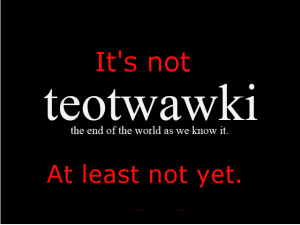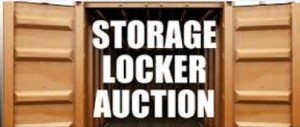I was given an advanced copy of the book Pulse some time ago. The book has recently been published, so I thought I would write a review for all of you. The author has agreed to give away two copies! See the end of this article for details on how to enter.
The book follows what life is like for thee adolescent girls and their families following a pulse from an EMP. The book is written as journal entries from the girls, which I thought was interesting. One family is fully unprepared. Another family is unprepared as well, but luck seems to be on their side. The third family is a Christian family who has been preparing for something like this for some time.
Each chapter follows one of the main characters and their family as events unfold. I’ll be honest, I was a little skeptical about whether I thought I could get into the book, as I have a hard time relating to most people (I have Aspergers Syndrome), let alone a teenage girl! But it was actually a nice change from the archetypical male lead of the majority of books in this niche.
The book deals with some gritty situations that people would actually be faced with if they’re unprepared and we see an event like an EMP. Because there are three characters, each with their own chapter, there were a couple times where we reached the end of a chapter and I was really left wanting to know what was going to happen, and was a little frustrated that it was time for the other two to chime in! This is an excellent use of “leave them wanting more”.
The book has faith intertwined throughout, as the Christian family seeks the Lord on varying decisions, but I don’t think that it beats you over the head with it. I doubt that most readers of this blog would think so anyway.
There are also some action sequences, and they’re not over the top where character’s are special force ninja’s.
All in all, if you’re needing a new book, I think this one is well worth the money; I don’t think you’ll be disappointed.
To enter for a chance to win one of two books, you just need to leave one comment using a valid email address when you sign up to leave comments. If you’ve already signed up and possibly left comments in the past, then you probably already have used a valid email. The author will chose the winner, and I will pass along the winners email to her. Contest ends on Friday 8/21.
Please click here to vote for Prepared Christian as a top Prepper site!
If you liked this article please think about sharing it on the social media listed below, thanks!











